Optimal Timing for French Drain Installation
Timing is crucial for effective French drain installations. Proper scheduling ensures optimal soil conditions and minimizes disruptions. Installing during favorable weather can lead to better drainage performance and longer-lasting results.
The most suitable seasons for installation are typically spring and early fall. During these periods, soil moisture levels are moderate, making excavation easier and reducing the risk of delays caused by heavy rain or extreme temperatures.
Spring offers moderate soil moisture and longer daylight hours, facilitating efficient installation and curing times.
Early fall provides cooler temperatures and less soil compaction, which can improve installation quality.
Summer can bring drought conditions and hard soil, while winter may cause freezing and delays, making these seasons less ideal.
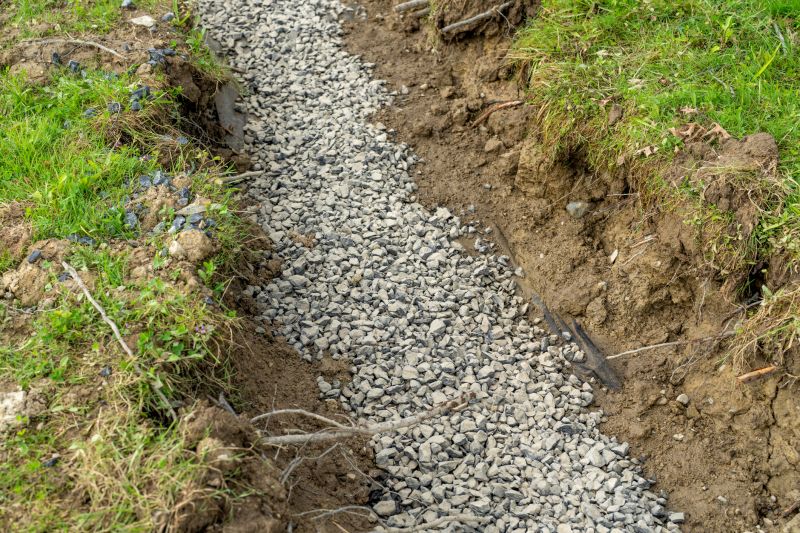
Preparing the site during spring ensures optimal soil conditions for drainage system installation.
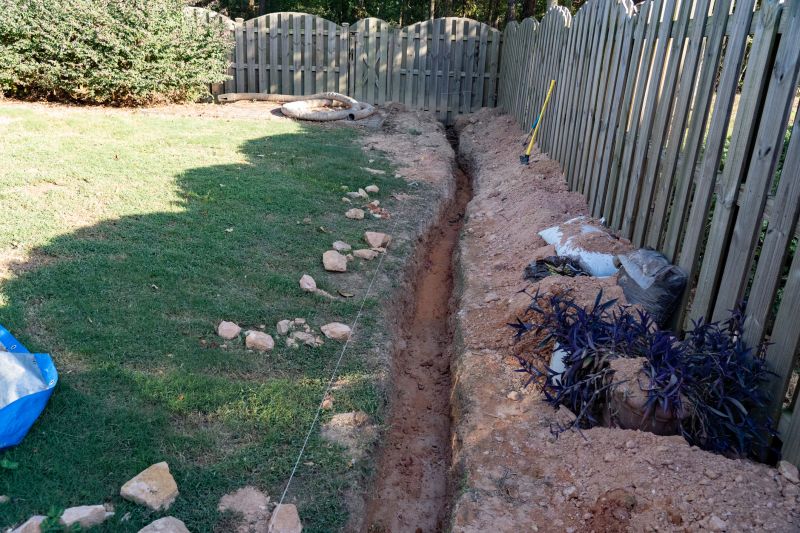
Late summer to early fall is ideal for completing groundwork before colder weather sets in.
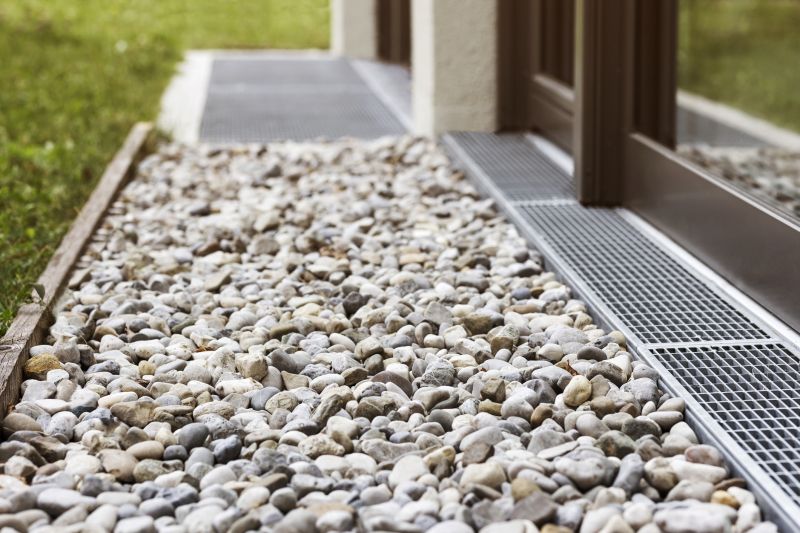
Soil moisture and temperature influence installation quality and longevity.
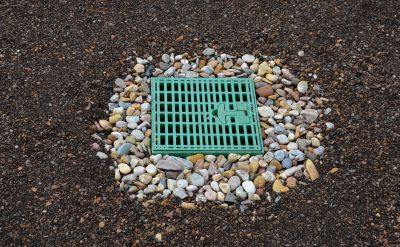
Ways to make French Drain Installations work in tight or awkward layouts.
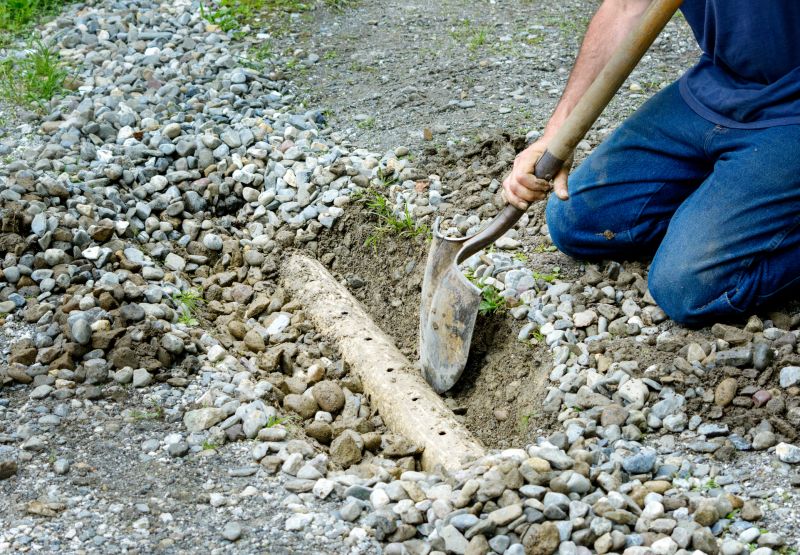
Popular materials for French Drain Installations and why they hold up over time.
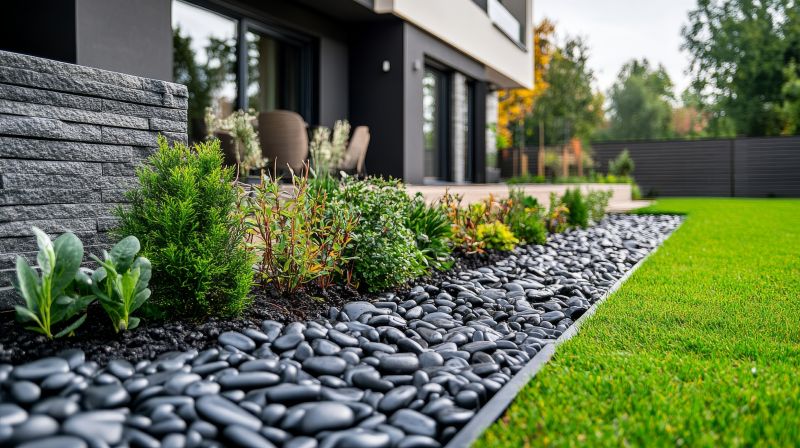
Simple add-ons that improve French Drain Installations without blowing the budget.
| Season | Ideal for Installation | Notes |
|---|---|---|
| Spring | Yes | Moderate soil moisture, longer days |
| Summer | No | High temperatures, dry soil, risk of drought |
| Fall | Yes | Cooler temperatures, less soil compaction |
| Winter | No | Freezing temperatures, difficult excavation |
French drain installations are a common solution for managing excess groundwater and preventing basement flooding. They involve placing perforated pipes in gravel trenches to redirect water away from problem areas. Proper timing ensures the system functions effectively and remains durable over time. Seasonal considerations, such as soil moisture and temperature, impact excavation ease and material performance.
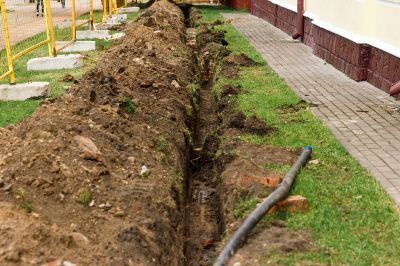
Excavation, pipe placement, and backfilling are key steps optimized by proper timing.
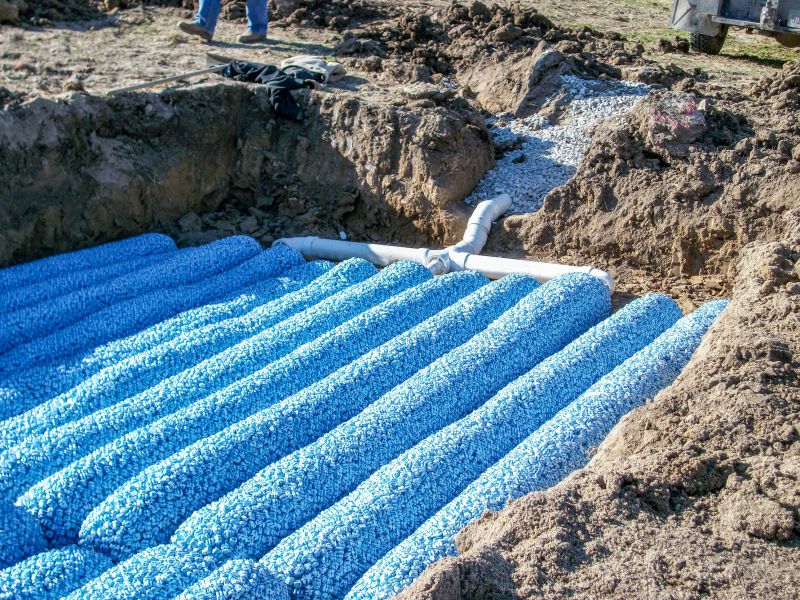
Correct installation during suitable seasons ensures efficient water diversion.
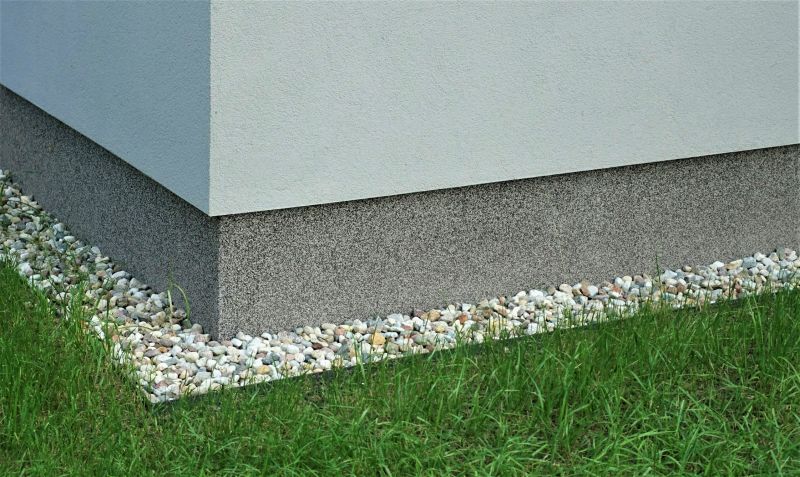
Proper soil conditions facilitate easier excavation and better drainage.
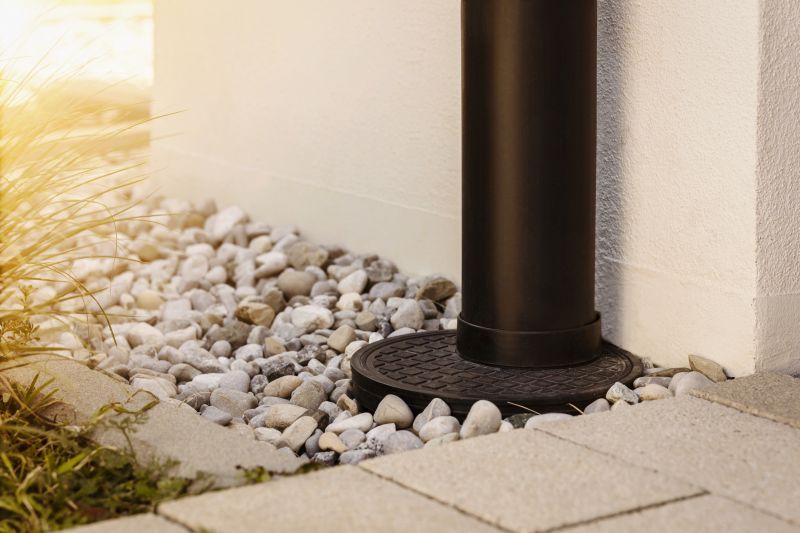
A well-timed installation results in a durable and effective drainage solution.
For those considering French drain installations, scheduling during optimal seasons can improve installation quality and system longevity. Proper planning allows for better soil management, reduces potential delays, and ensures the drainage system performs as intended. If interested in scheduling an installation, filling out the contact form is recommended to discuss timing options.
